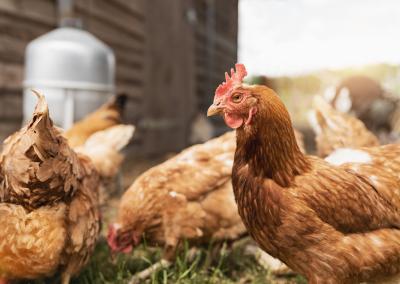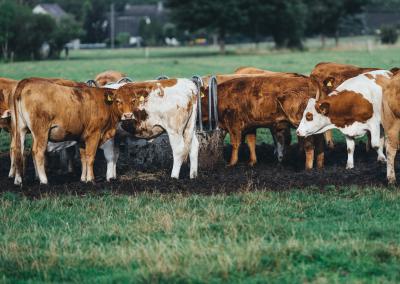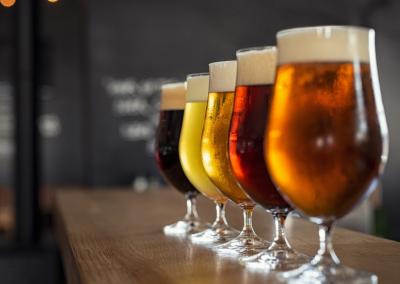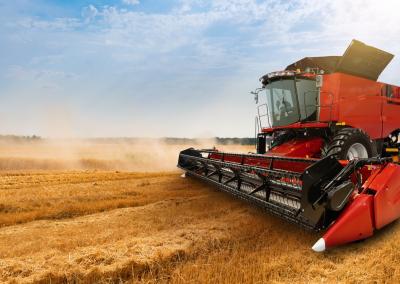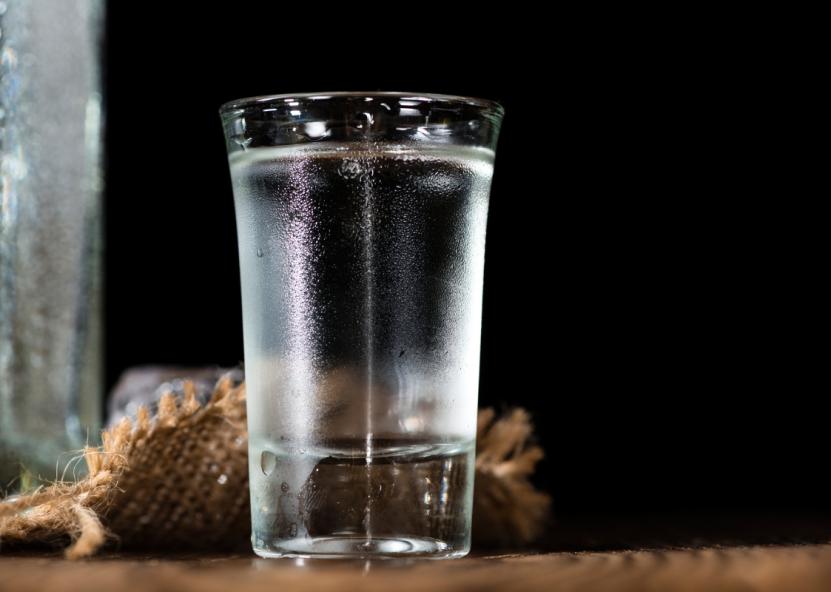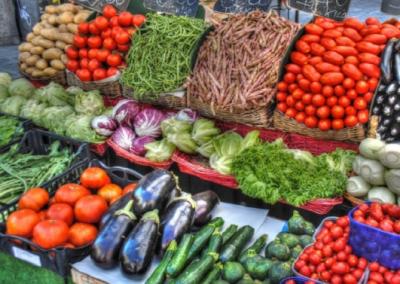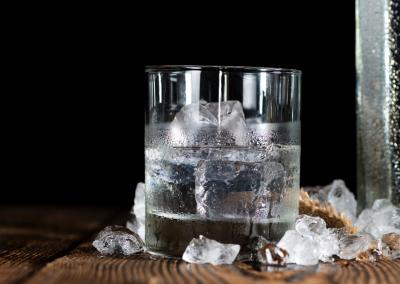The Seimas approves the legalisation of home-made vodka after a debate
The Seimas is set to legalise the production of home-made vodka in rural tourism farms. The production of homemade alcohol up to 65 degrees would be allowed at 100 litres per year - 10 times less than previously proposed.
The Seimas on Tuesday approved such amendments to the Alcohol Control Act after a reading. 60 MPs voted in favour, 22 against and 27 abstained.
Such drinks produced by farmers with agritourism farms and cereal crops could not be sold, but only used for their own or their family's consumption or tasted on the spot, and could not be transported or produced using adulterants.
The equipment used for the production of such alcohol should be identified by the farmer with an identification number.
Farmers producing home-made vodka will be obliged to inform the State Food and Veterinary Office 48 hours before the start of production, indicating the exact date of production, the estimated time of completion and the quantity of product to be produced, and to indicate the exact quantity of home-made vodka produced within 24 hours.
The Seimas also approved Monika Ošmianskienė's amendment (48 MPs voted in favour of the amendment to the Alcohol Control Act, 15 against and 31 abstentions), which would make rural tourism farmhouses accessible to people with disabilities.
"Accessibility for people with disabilities has been regulated since 1994, but if you look around, it would be almost impossible to find a homestead that is accessible to people with disabilities. A lot of European Union money has been invested in the development of rural tourism, but to find an accessible homestead today, it is impossible," the MEP said.
"By giving certain rural tourism farms the opportunity to produce, taste or sell, we can pursue other good objectives in parallel, which would promote social welfare," she added.

